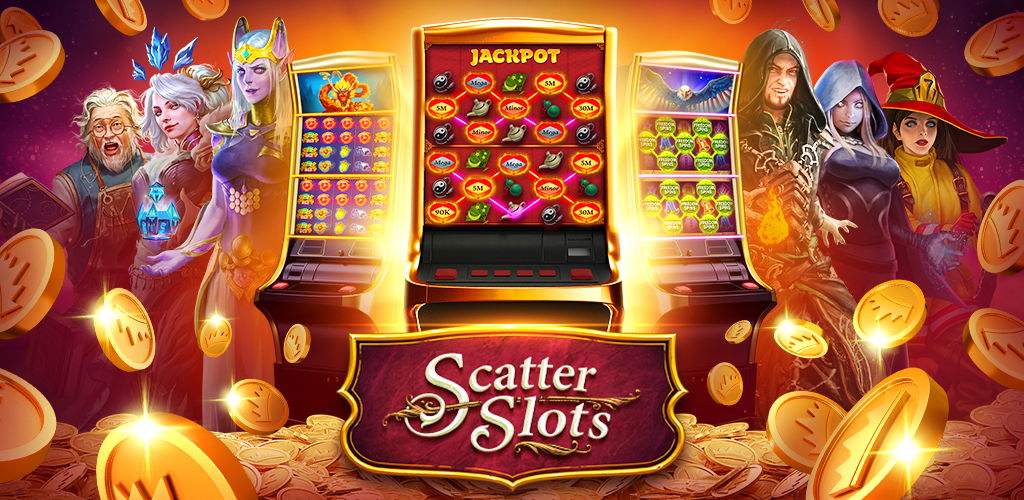
A slot is a narrow opening, groove or hole in a machine or container. For example, a slot is where you put coins in to make a machine work. A slot is also a small time slot when something is scheduled to happen. For example, you might have an appointment or a slot to visit someone.
In football, a slot receiver is a player that occupies the position between the wide and tight receivers on a team. Slot receivers are usually faster than traditional wide receivers, and they often have a specific route that they run. Slot receivers must have excellent speed and agility to get open against defensive coverage and avoid tackles.
Casinos build an advantage into the rules of slot games, so the payout percentages aren’t necessarily very high. However, a lot of smaller wins can add up to a significant sum of money over the course of several sessions. This is why so many people love playing slots – they give you the chance to blow the payout percentage out of the water with one big jackpot win.
An airport slot is an authorization to take-off or land at a certain time, used when the runway capacity is constrained (for instance at Heathrow). Slots are issued by EUROCONTROL as Network Manager, and can be traded - one was sold in 2016 for a record $75 million. The implementation of slot management at busy European airports has saved a huge amount in terms of delays and fuel burn, and the use of slots is expected to increase worldwide.

